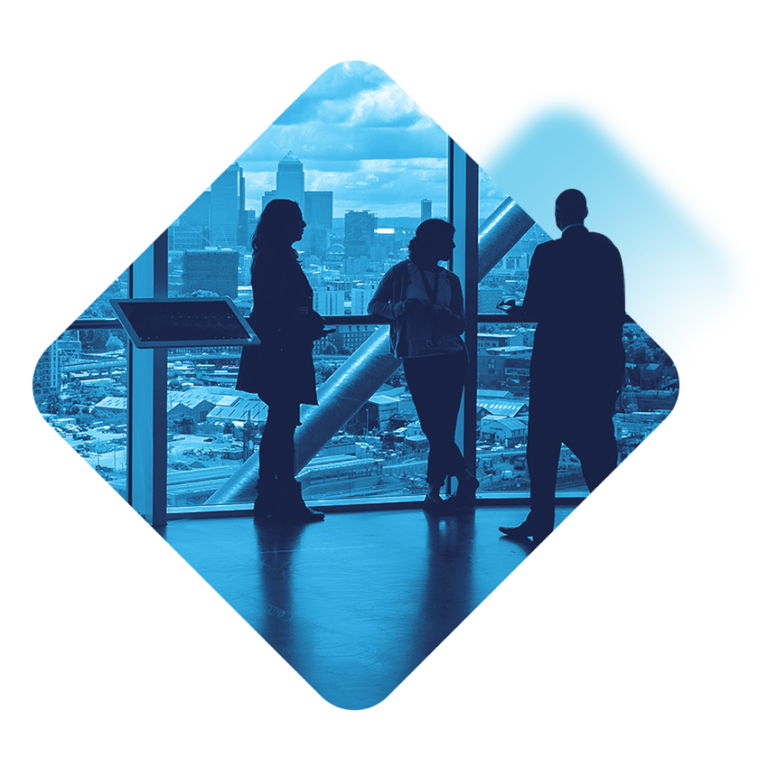GFIN, an example of innovation sandboxification
- March 17, 2022
- 2 minutes
Sandboxification, RegTech and GFIN
In a paper published in 2020, The University of New South Wales Law Journal coined the term “sandboxification”, noticing an emerging trend of developing regulatory sandboxes beyond traditional single-jurisdiction use strictly within finance. Among examples such as those of the HKMA or the Singaporean MAS, the sandboxification trend is also reflected through the Global Financial Innovation Network (GFIN), spearheading the idea of breaking down borders for international collaboration between regulatory authorities.
GFIN, a global innovation driver
GFIN is a UK Financial Conduct Authority initiative launched in 2019. The goal for GFIN is to act as a collaboration platform to interact with regulators and collaborate in the areas of FinTech, RegTech, SupTech and other financial innovation-driven topics. There are 48 members and 8 observers currently in GFIN. Among others, they include regulators and central banks from Europe, the Middle East and the Americas as well as observers such as the European Bank for Reconstruction and Development (EBRD) and the International Monetary Fund (IMF). The broader goal of the GFIN initiative is to facilitate and foster financial integrity, inclusion, and stability through the introduction of financial innovations and regulatory collaboration. Among several streams of activity, GFIN invites RegTech businesses from all over the world to participate in Cross-Border Testing cohorts to facilitate the testing of innovative solutions in an international environment, thus facilitating the concept of a “global sandbox”.
Collaboration, BR-AG and a regulatory data platform
Chosen for the 2021 testing cohort with ATOME Matter, BR-AG’s flagship data platform, our testing objective was to explore how a regulatory data solution can facilitate building a common understanding of data requirements between stakeholders with various focus and interests. By entering the GFIN “sandbox”, we were able to collaborate with the Bank of Lithuania, Central Bank of Bahrain, Bermuda Monetary Authority, Astana Financial Services Authority and Abu Dhabi Global Market on building evidence-based understanding of climate-related risks to be able to report, collect and analyse sustainability-related data.
A regulatory data platform facilitating sustainability disclosures
By using our ATOME Matter platform for regulatory data design, we built a dictionary of concepts and classifications usable for sustainability reporting, basing them on international standards and regulatory guidelines, such as the UN Sustainable Development Goals, guidelines of the Basel Committee on Banking Supervision and classifications such as the EU Taxonomy. From this point, we were able to create Proof-of Concept granular data reporting templates to collect and analyse sustainability-related data for monitoring loans and advances provided by banks to commercial entities, classifying them as “green” or “brown” to identify alignment with sustainability criteria, and designing sample analytical views for data visualisation. By bringing together already existing classifications and existing data models, we were able to conceptualise how sustainability data frameworks could be managed hand in hand with financial disclosure requirements for banking, insurance and investment sectors. The result is a Proof-of-Concept demonstrating a new approach not only to creating regulatory data models but also to “border-free” collaboration in data standardization initiatives.
How can ATOME Matter be used by regulators and the market?



